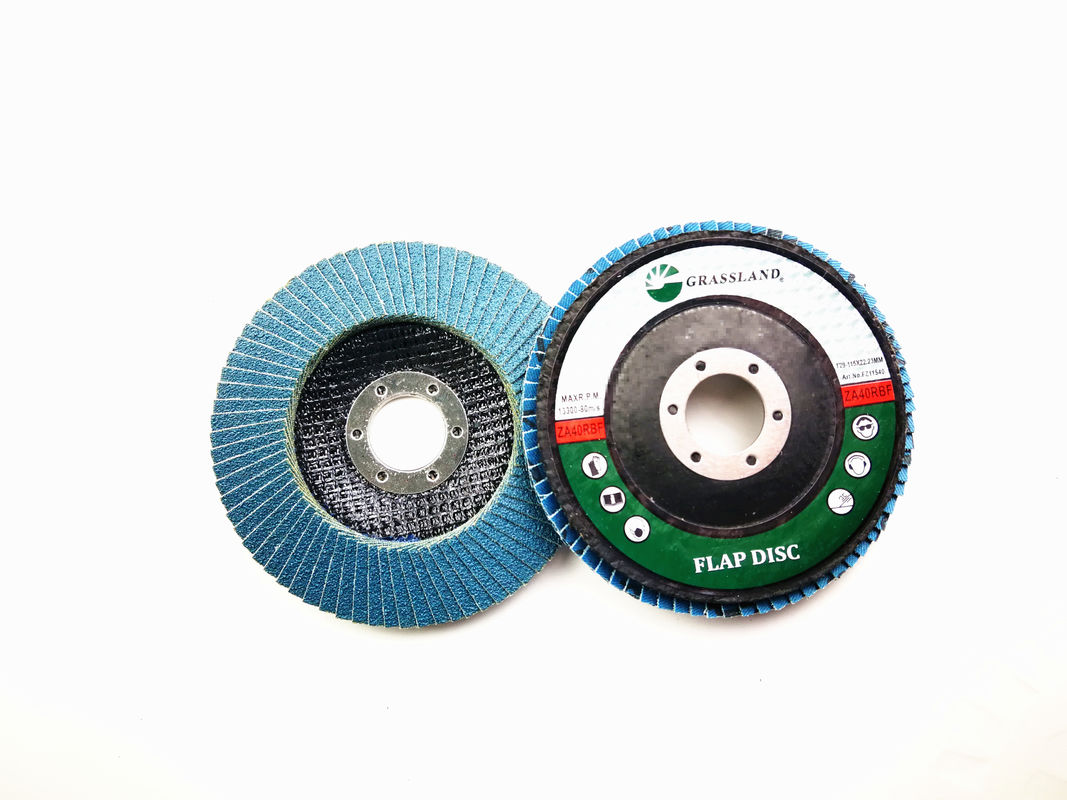Understanding Abrasive Cutting Wheels An Essential Tool for Precision Cutting
Abrasive cutting wheels are vital components in various industrial and manufacturing processes, playing a crucial role in achieving precision and efficiency. These wheels, made from abrasive materials bonded together, are designed to cut through metal, stone, ceramic, and other hard materials. Understanding their structure, functioning, types, and applications can greatly enhance their utility in various sectors.
Structure and Composition
Abrasive cutting wheels typically consist of an abrasive grain, a bonding agent, and other additives. The abrasive grain is responsible for the cutting action, while the bond holds the grains together and gives the wheel its shape. The common materials used as abrasives include aluminum oxide, zirconia alumina, and silicon carbide, each providing unique cutting characteristics suited for different tasks. Aluminum oxide is prevalent for general-purpose cutting, while silicon carbide is preferred for cutting non-ferrous materials.
How Abrasive Cutting Wheels Work
The effectiveness of abrasive cutting wheels lies in their unique operational mechanics. As the wheel rotates at high speeds, the abrasive grains on its surface interact with the work material. The cutting process involves both fracturing and slicing, where the sharp edges of the abrasive grains chip away small particles from the workpiece. This dual action allows for precise cuts, even in hard materials.
Proper selection and use of these wheels are essential for optimal performance. Factors such as the material being cut, the thickness of the workpiece, and the desired finish must be considered when choosing a specific type of abrasive wheel.
Types of Abrasive Cutting Wheels
There is a variety of abrasive cutting wheels available on the market, each designed for distinct applications
1. Depressed Center Wheels Known for their versatility, these wheels are ideal for cutting, grinding, and notching. Their shape allows for aggressive cutting while providing stability.
2. Thin Cut-Off Wheels These wheels offer a quick and efficient cutting action with minimal material loss. They are commonly used in metal fabrication for sections like pipes, rods, and sheets.
abrasive cutting wheel

3. Diamond Cutting Wheels Designed for cutting hard materials such as concrete, brick, and tile, these wheels feature diamond particles bonded to a metal matrix, providing exceptional longevity and performance.
4. Resin-Bonded Wheels These are often used for general-purpose cutting and grinding. The resin bond provides flexibility and durability, making them suitable for a wide range of materials.
Applications of Abrasive Cutting Wheels
The application of abrasive cutting wheels spans numerous industries. In metalworking sectors, these wheels are essential for fabrication, welding, and repair tasks. They ensure clean cuts and can handle both cast and wrought metals efficiently.
The construction industry also heavily relies on abrasive cutting wheels for tasks such as cutting concrete, brick, and metal studs. Their effectiveness in cutting through tough materials makes them valuable for both structural and finishing work.
Additionally, the automotive industry employs these wheels for various tasks, including bodywork, engine repair, and exhaust system modifications. Their ability to provide a high-quality finish while minimizing heat generation makes them indispensable in maintaining the integrity of the parts being worked on.
Safety Considerations
While abrasive cutting wheels are incredibly useful, safety is paramount when using these tools. Operators should always wear appropriate personal protective equipment (PPE), including safety glasses, gloves, and hearing protection. It's also essential to ensure that the wheels are mounted and used according to the manufacturer’s guidelines to prevent accidents, as improper use can lead to wheel breakage or bind-ups.
Conclusion
Abrasive cutting wheels are a fundamental tool in various industries, providing the cutting precision and efficiency needed for challenging materials. With a range of types tailored for specific tasks, understanding their structure, functionality, and appropriate application is crucial for maximizing their performance. As industries continue to evolve, the importance of these cutting wheels will only grow, underscoring the need for continual advancements in their design and use. Whether you’re in metalworking, construction, or automotive repair, mastering the use of abrasive cutting wheels can greatly enhance your operational effectiveness and safety.
Post time:Sep - 30 - 2024

















